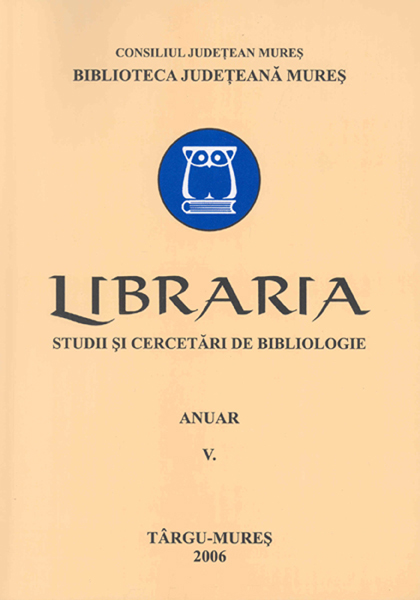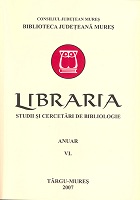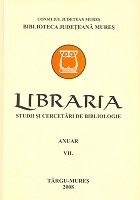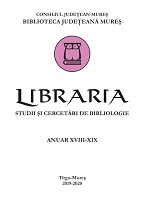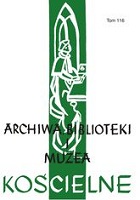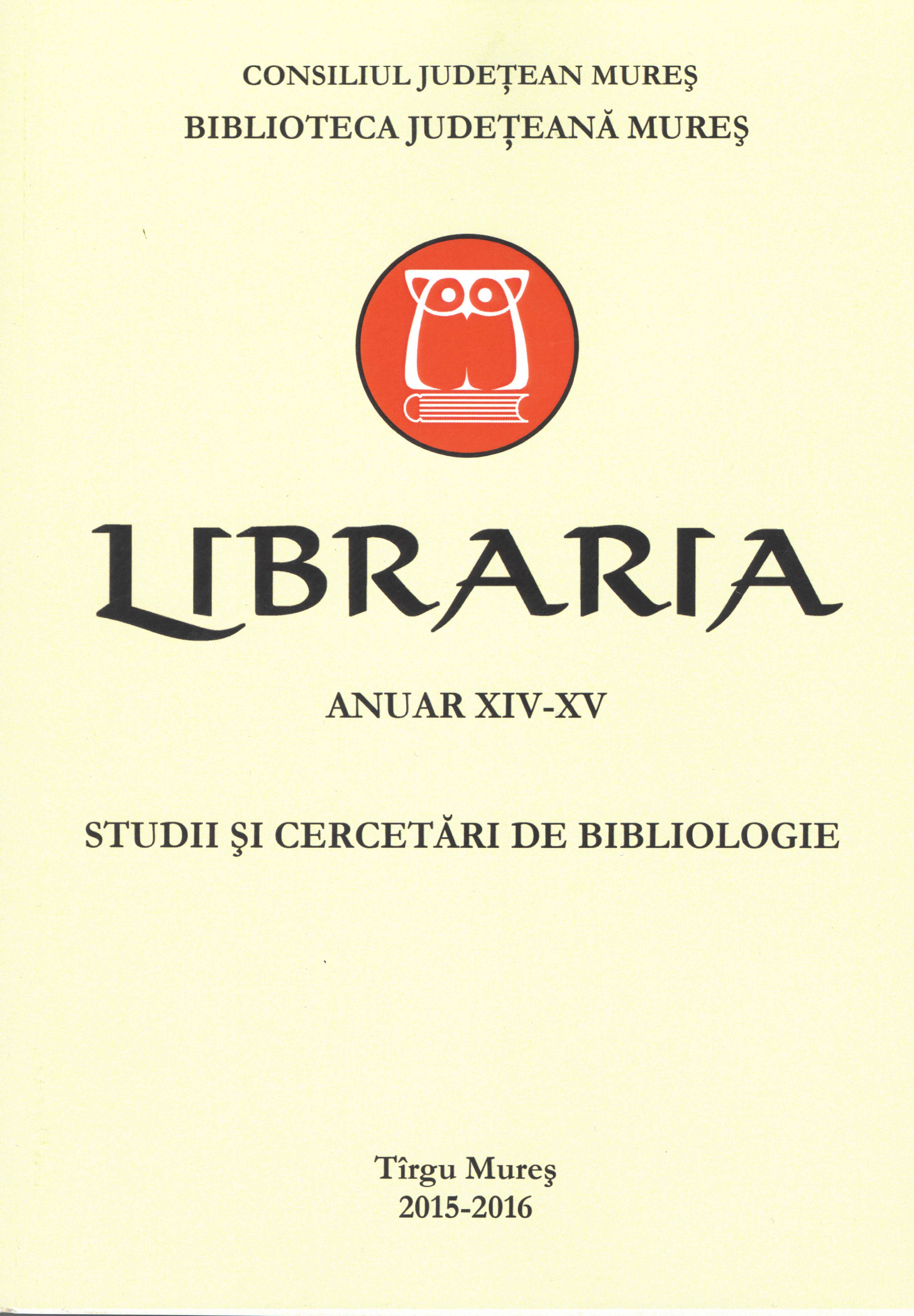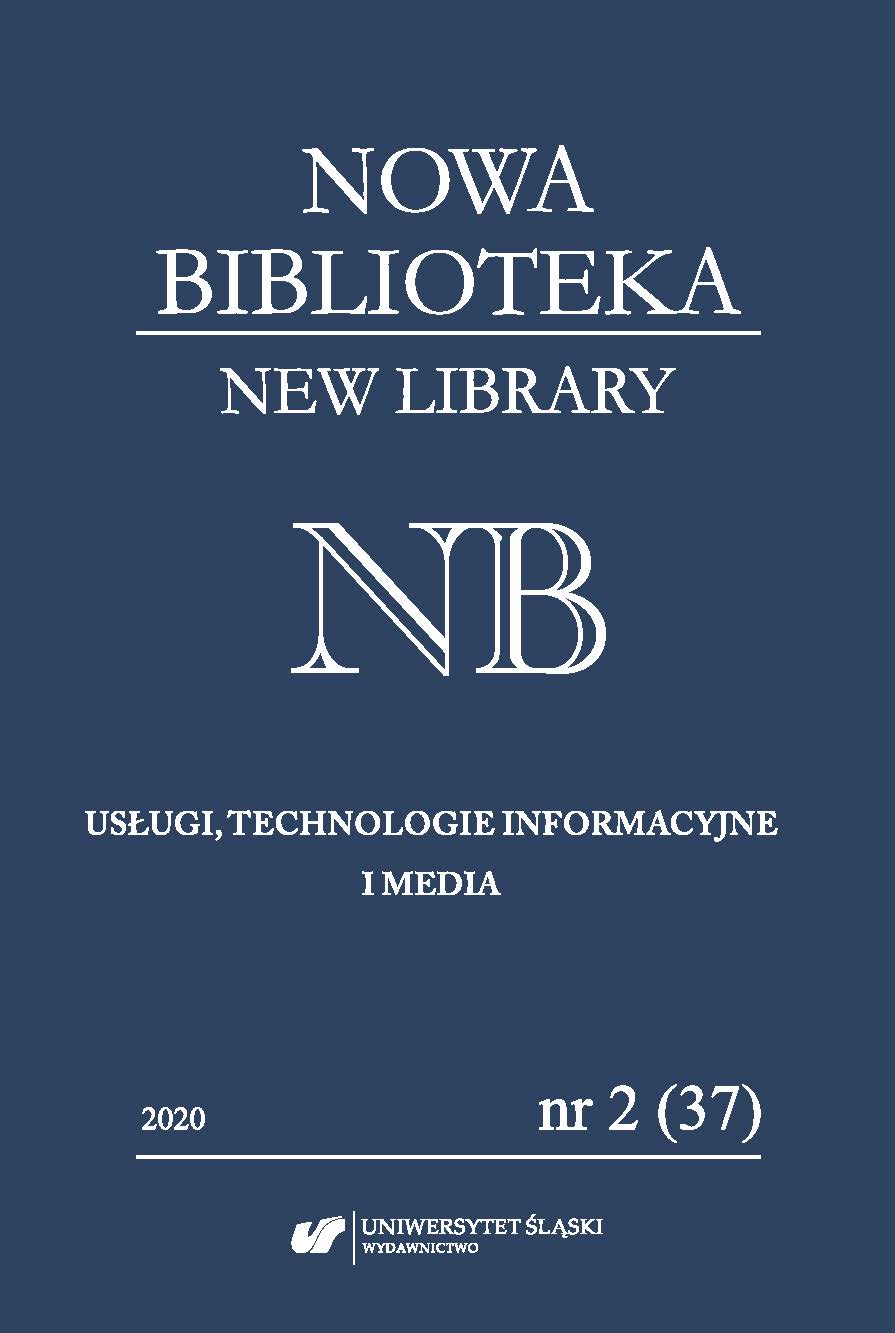
Oferta bibliotek polskich politechnik w zakresie otwartych zasobów naukowych na temat COVID-19
At the beginning of the third decade of the 21st century, when the world stopped because of the SARS-CoV-2 pandemic, COVID-19-related information resources dominated the news on the web. The pandemic highlighted the opportunities used by publishers in the process of publishing and disseminating digital scientific resources. The aim of the paper is to recognize the offer of open scientific resources about COVID-19 on the websites of the libraries at the Polish universities of technology. The analysis of the data shows that not only scientific and governmental institutions but also financial institutions, associations, publishers, researchers and journals make scientific resources related to coronavirus available free of charge. Open scientific resources available in different ways in different projects have been separated by publishers from journals, books, archive databases and in the news section, in thematic blocks in their own and foreign resources. The offer is enhanced by audio and video recordings, intelligent tools for delivering, archiving and distributing online content and links to countless public sources.
More...
